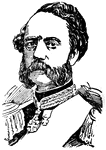Clipart tagged: ‘monarch’
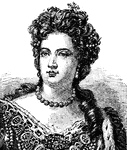
Queen Anne of Great Britain
Anne (6 February 1665 – 1 August 1714) became Queen of England, Scotland and Ireland on 8 March…
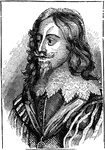
Charles I of England
Charles I, (19 November 1600 – 30 January 1649) was King of England, Scotland and Ireland from…
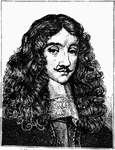
Charles II of England
Charles II (Charles Stuart; 29 May 1630 – 6 February 1685) was the King of England, Scotland,…
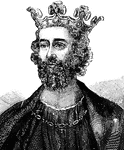
Edward II
Edward II, (April 25, 1284 – September 21, 1327?) of Caernarfon, was King of England from 1307…
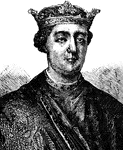
Henry II
Henry II of England (5 March 1133 – 6 July 1189) ruled as King of England (1154–1189). Henry…
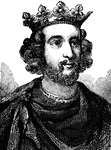
Henry III
Henry III (1 October 1207 – 16 November 1272) was the son and successor of John "Lackland" as…
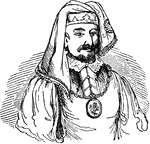
Henry IV
"By embracing the Catholic religion he made his way to the throne of France; and this monarch, Henry…
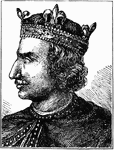
Henry the First
Henry I (c. 1068/1069 – 1 December 1135) was the fourth son of William I the Conqueror, the first…
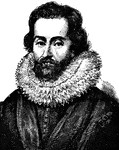
James the First
He ruled in Scotland as James VI from 24 July 1567, when he was only one year old, succeeding his mother…
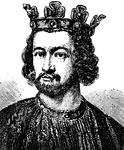
King John
John (24 December 1167 – 19 October 1216) reigned as King of England from 6 April 1199, until…
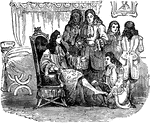
Louis XIV in his chambers
"The reign of Louis the Fourteenth has been termed the Augustan age of France. This monarch had none…
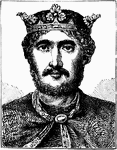
Richard I
Richard I (8 September 1157 – 6 April 1199) was King of England from 6 July 1189 until his death.…
